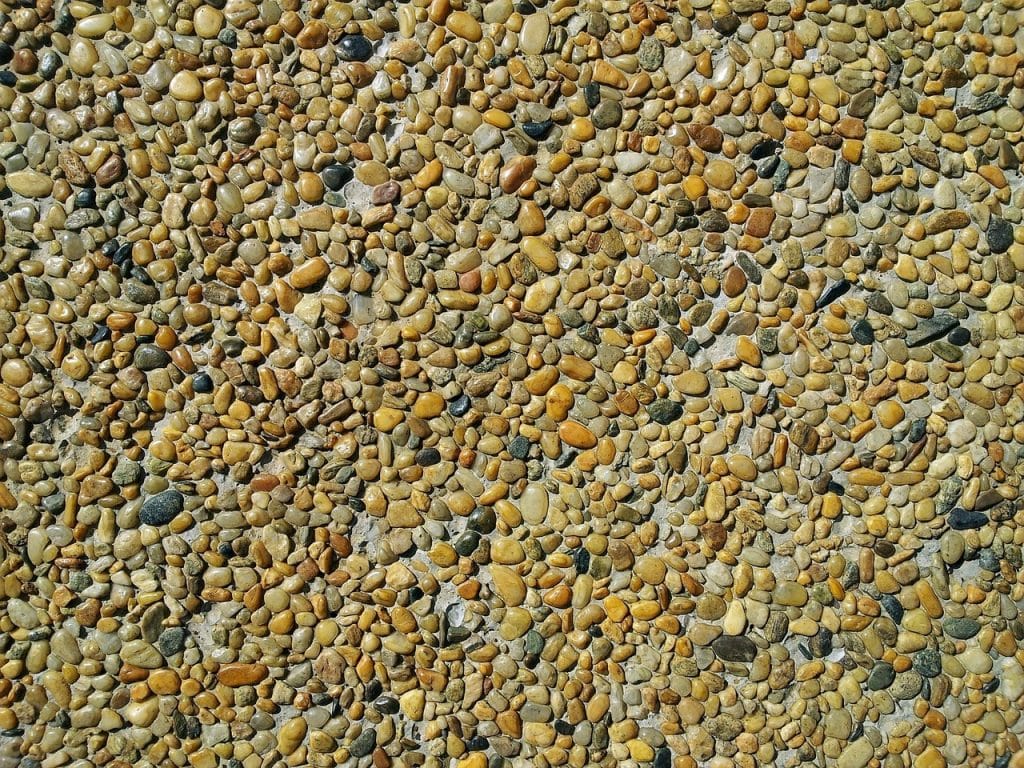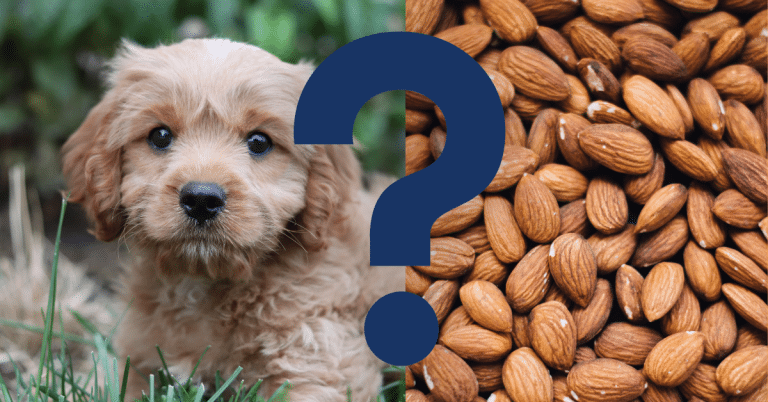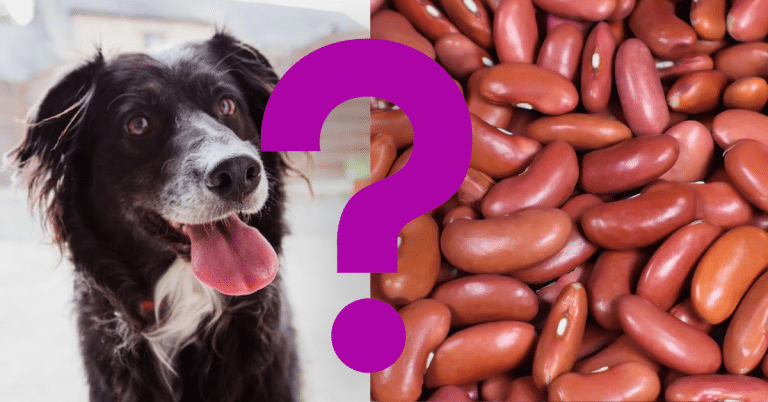Can Dogs Eat Grits? A Vet’s Opinion

Grits are a popular Southern American dish which contains a lot of nutrients, but can you feed it to dogs?
Grits are a food that dogs can have in moderation, but it is not advised because it does not supply them with any substantial nutritional benefit. Grits are mostly made up of carbohydrates and are deficient in the protein, vitamins, and minerals that dogs require. Before giving your dog any human food, it is best to speak with your veterinarian to be sure it is safe for them to eat and won’t harm them or produce any negative responses.
Benefits Of Grits For Dogs
In moderation, grits are not toxic to dogs, but they also do not significantly improve their health. While dogs do need some carbs in their diet, they also need protein, good fats, vitamins, and minerals. Grits are mostly made up of carbohydrates. For their general health and wellness, these nutrients are necessary, and a balanced diet consisting of a variety of nutrient-rich foods is essential for their best possible health.
There are numerous alternatives to grits that are more suitable for dogs if you’re wanting to add healthy and nourishing items to their diet. Fresh fruits and vegetables that are safe and healthy for dogs to consume, as well as premium dog diets that are specially developed to match their nutritional demands, are both fantastic options. Always get advice from your doctor to find the ideal diet for your dog depending on their age, breed, amount of exercise, and any underlying medical concerns they might have.

How To Safely Give Grits To Dogs
Here are some guidelines to help you properly feed your dog some grits:
1.To protect your dog’s health, make sure the grits are plain and prepared without any salt, butter, or seasonings.
2.To see how your dog will respond to it, start with a modest quantity. If they have any digestive issues or unfavorable responses, cease feeding them grits right away.
3.As a treat or as a component of a healthy meal, serve the grits in moderation. It shouldn’t constitute a sizable amount of your dog’s food and shouldn’t be their main source of nutrients.
4.Before introducing any human food, even grits, in your dog’s diet, always check with your veterinarian to be sure it is secure and suitable for them.
Although grits are not hazardous to dogs, it is important to keep in mind that they are not an essential or advised food for them and that there are other, healthier alternatives available. As a pet owner, your top concern should be to give your dog a balanced, nutrient-rich meal that satisfies their individual dietary requirements.
Will Grits Make A Dog Sick
In small amounts, plain cooked grits are unlikely to make a dog ill. However, if the dog consumes too many grits or if they are seasoned with additional salt, butter, or other ingredients, it may irritate their stomach and cause diarrhea, vomiting, and abdominal pain.
It’s also crucial to remember that, even though grits are not poisonous to dogs, they do not have much nutritional value and shouldn’t make up a large amount of their food. To promote their general health and welfare, dogs need a diet that is well-balanced, nutrient-rich, and rich in protein, good fats, and vitamins and minerals.
Grits should only be given to dogs in moderation, and they should be plain and boiled without any other components that might be detrimental to their health. Before introducing any human food to your dog’s diet, it is best to speak with your veterinarian to be sure it is secure and suitable for them.
It depends on the ingredients and cooking technique used to prepare the grits-related cuisine. A dog may become ill from a dish if it contains poisonous substances for dogs, such as onions, garlic, or specific spices, or if it is made with ingredients that are heavy in fat or sodium.
It’s crucial to keep in mind that dogs have different nutritional requirements from us and that some items we eat can be unhealthy for them. Before offering your dog any human food, especially dishes with grits, it is always wise to speak with your veterinarian to be sure it is suitable and safe for them.
Make sure the grits or other equivalent food is plain and cooked without any additional components that could be hazardous to your dog. Furthermore, it is better to serve it sparingly and avoid using it as your main source of nutrition.

A Vet’s Opinion-Summary
It is always best to contact with your veterinarian before offering your dog any human food, even grits. While plain cooked grits are not likely to be harmful to dogs when consumed in moderation, they are also not necessary or advised as part of their diet.
Typically, veterinarians advise feeding dogs a diet that is nutrient-dense, well-balanced, and matches their unique nutritional demands. This includes feeding them a premium commercial dog food that is designed to satisfy their nutritional requirements or a balanced, all-natural diet prepared with the help of a vet or veterinary nutritionist.
Dogs can consume probiotics, which are good bacteria, in a variety of forms, including supplements, fortified foods, and some specifically developed dog feeds. Probiotics can aid dogs’ immunological and digestive systems. They are frequently suggested by vets to aid dogs with stomach problems or those taking antibiotics.
If you want to give your dog probiotics, it’s important to pick a high-quality supplement or food that is made just for dogs and contains bacterial strains that have been shown to help dogs’ immune and digestive systems.
Grits or any other human food should not be added to your dog’s diet without first talking to your veterinarian. They can offer advice on how to incorporate it into your dog’s diet without having any negative health consequences, as well as assist you decide if it is safe and appropriate for them.
Videos To Watch
If you want to know which food items your dog can eat, watch this
The above video will guide you about the food items that can play positive role in enhancing its health.
This video acts as a guide that will help you avoid food items, which can cause injurious effects to your dog.






